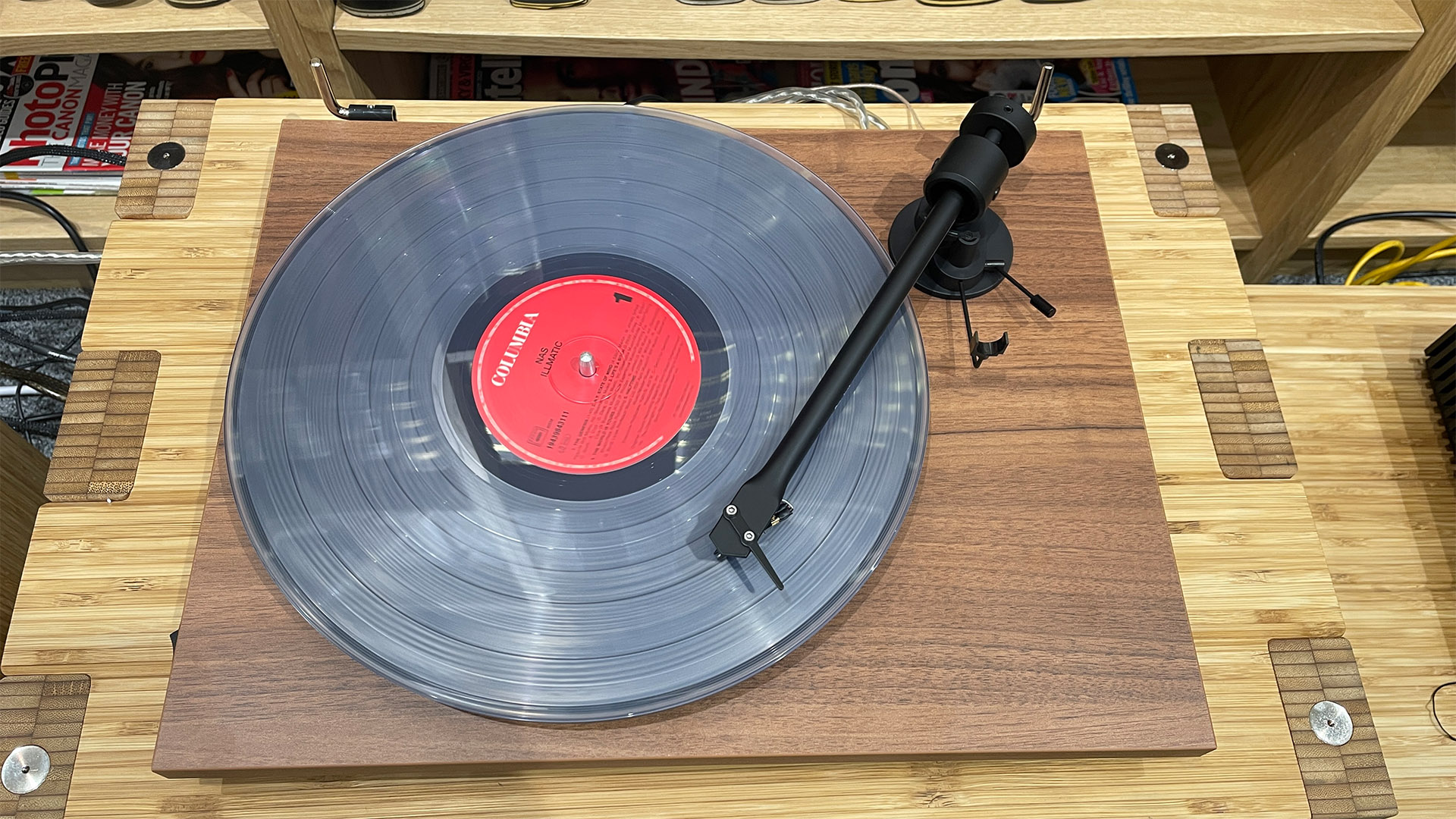Sharp to supply IGZO panels to Samsung under recently-announced alliance
Already supplying Samsung with TV panels, Sharp will now provide it with energy-efficient displays for notebooks


UPDATE
Sharp is to supply Samsung with laptop display panels, as part of the alliance it formed with the Korean company at the beginning of March.
11.6in Sharp IGZO panels will be supplied from as soon as this summer, with production stepping up in stages. The panels will be made at Sharp's Kameyama plant, currently running at just 60% of capacity.
Sharp is already supplying larger panels to Samsung for use in televisions.
The IGZO (indium-gallium-zinc-oxide) panels, already used in Sharp's own tablets and some Apple products, are claimed to consume 80-90% less energy than other types of display, and have very good touch-sensitive properties.
Posted 06.03.14
Samsung is buying a stake in struggling Japanese consumer electronics maker Sharp, and looks set to extend its purchasing of LCD screens from the company.
The Korean giant company has announced it will get 3% of Sharp in return for an investment of Y10.4bn (about £74m), and there's speculation that Sharp will also expand its current supply of LCD TV panels to Samsung, as well as extending into smaller panels for tablets and smartphones.
The move will come as some relief for Sharp, which booked a Y425bn (£3bn) loss for the last nine months of 2012, and is expected to announce even bleaker figures when the current financial year ends next month.
Get the What Hi-Fi? Newsletter
The latest hi-fi, home cinema and tech news, reviews, buying advice and deals, direct to your inbox.
A statement from Samsung says 'The investment is set to fortify the partnership between Samsung and Sharp and also lay a firm foundation for Samsung to secure a steady supply of LCD panels from diversified sources.'
It's said Samsung will have no involvement in the management of Sharp.
ANALYSISThe investment is being widely heralded as good news for 100-year-old Sharp, one of Japan's longest-established electronics manufacturers, and the foundation of a whole new era of industry alliances, as rivals once locked in battle come together to share resources.
Recent times have also seen the announcement of a Sony/Panasonic joint venture to develop OLED TV technology in the face of the lead being taken by LG and Samsung – and indeed a fast-growing Chinese OLED industry – ,while LG and Samsung seem to have reached some kind of truce in their patent battle over the same technology, in a deal brokered by Korea's Ministry of Knowledge and Education.
However, the deal struck between Samsung and Sharp may not be as significant for the Korean partner as it is for the Japanese one. Sharp got a similar inward investment from US-based semiconductor giant Qualcomm at the end of last year.
Made through Qualcomm's Pixtronix division, the alliance will develop new energy-saving screens based on the Japanese company's IGZO technology.
MORE: Samsung Galaxy S4 specs leaked
Samsung reported record profits of around £17bn for 2012, so its investment in Sharp is basically loose change, being used to ensure preferential terms for the supply of screens. By buying into Sharp, it can secure the supply of panels without the need for expensive investment in its own production facilities.
In other words, it's a neat bit of fixed-cost reduction.
And it's not clear whether the Samsung investment signals the end of Sharp's protracted negotiations with Taiwan-based Hon Hai, the world's largest contract electronics manufacturing company, or just a sign of Sharp's desperate need to accept any inward investment, however small, in an effort to improve its financial position.
That Hon Hai deal was originally based on a Y66.9bn (£475m) investment, which would have given the Taiwanese company a 9.9% stake in Sharp but, as the value of Sharp's shares plummeted last year, it became clear that the potential investor was looking to either reduce its spend or increase the stake it got for its money.
Those talks are still stalled, despite a deadline of March 26 for the negotiations to be finalised, but Hon Hai already has a say in the matter: the LCD panels Sharp is supplying to Samsung come from factories now co-owned with Hon Hai, under a separate joint venture deal.
However, reports from Japan suggest Hon Hai boss Terry Gou has cancelled meetings he was due to have with Sharp management next week.
Hon Hai has said in an official statement that it wouldn't comment on decisions made by Sharp, and that negotiations will continue, but some commentators are suggesting that the Samsung may mean the end of the closer ties between Sharp and Hon Hai.
After all. Gou has previously said that working with Sharp would be a way for Hon Hai to beat Samsung, which like Hon Hai is a major supplier to Apple. Apple is one of Hon Hai's major clients, and Gou has been seeking ways for his company to build strength to compete with Samsung.
Written by Andrew Everard
Andrew has written about audio and video products for the past 20+ years, and been a consumer journalist for more than 30 years, starting his career on camera magazines. Andrew has contributed to titles including What Hi-Fi?, Gramophone, Jazzwise and Hi-Fi Critic, Hi-Fi News & Record Review and Hi-Fi Choice. I’ve also written for a number of non-specialist and overseas magazines.
